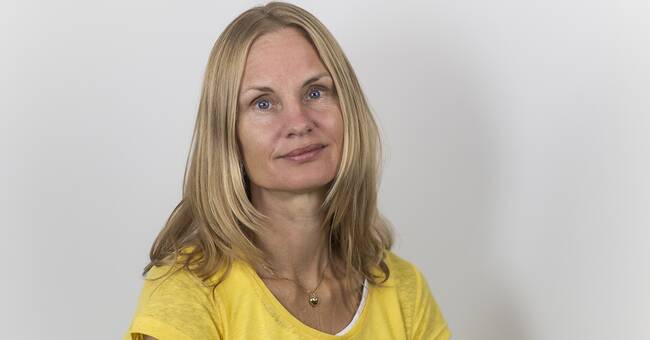Reducing coal was a major issue in the climate talks in Glasgow in 2021, where the countries finally agreed to "phase out" consumption.
It was India that at the last moment got rid of the wording "phase out" and this year coal production in India is expected to increase by 12 percent, according to a recent report from the International Energy Council IEA.
Indian politicians have promised electricity to everyone and India will be the country that increases its energy needs the most in the next few years.
But it is a gigantic challenge to switch to renewables - at the same time as hundreds of millions of people demand a higher standard of living - similar to the one we in Sweden take for granted.
Requires carbon-free from developed countries
Creating lots of new jobs requires large-scale manufacturing, and factories consume a lot of energy.
So even though India is investing heavily, it is difficult for environmentally friendly alternatives to keep up, as the demand for electricity is increasing so fast.
In India, 70 percent of the electricity comes from coal, and from an Indian horizon, it is fair that India is allowed to build up the same wealth that we have in the West through this relatively cheap energy source for a while longer.
Therefore, India believes that already developed countries should get rid of coal by 2030, thus leaving room for India to phase out coal power only in 2070.
The climate is not a big election issue
Another argument from the Indian side is that India has caused only 3 percent of the historical emissions, and one Indian so far only emits one-eighth of an American.
During my 16 years in India, I have watched countless election movements, and I can not remember that the environment or climate has ever been a major election issue.
For Indian politicians who want to be re-elected, it is now important to find a balance between urgent needs for growth and jobs, and more long-term commitments for the climate.
The trick is probably to do exactly what India is trying to do - to phase out fossil fuels while investing in renewables - and at best in that way create new jobs and growth.
Great need for technology
Above all, it is solar energy that is hopeful, as there is plenty of solar in India and it is already cheaper than coal.
There are also lots of startups with smart technical solutions - and there is a great exchange in terms of environmental technology with, for example, Sweden.
India is in great need of both technology and knowledge to cope with climate change.
That is why the UN has set up the Green Climate Fund to help developing countries live up to their commitments under the Paris Agreement.
But the payments have dragged on, and India believes that the richer countries need to live up to their promises if they are to make demands on poorer countries.
At the climate summit in Glasgow, India's environment minister was portrayed as an environmental villain here in the West, but among developing countries in the same situation as India, he was a bit of a hero.

